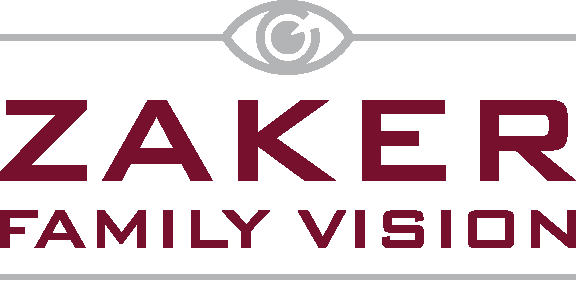MANAGEMENT OF
OCULAR DISEASE


DIABETIC EXAMINATIONS
Diabetic retinopathy is a serious sight-threatening complication of Diabetes.
Diabetic retinopathy occurs when tiny blood vessels leak blood and other fluids into the retina.
This causes the retina tissue to swell and results in cloudy or blurred vision.
Our doctors will closely monitor the retina and macula area with our retinal camera and our Optical coherence tomography (OCT) to watch for any changes due to the Diabetes.
The photo on the left is a normal retina and the photo on the right is severe diabetic retinopathy.

MACULAR DEGENERATION
Macular Degeneration is a retinal disease that damages your macula. It can cause central vision loss. We offer the latest technology with using Retinal photos and Optical coherence tomography (OCT) for early detection and treatment for Age Related Macular Degeneration (ARMD).
The photo on the left is a normal retina with a normal macula.
The photo on the right has a macula with ARMD.

GLAUCOMA
Glaucoma is a disease that damages your eye's optic nerve. Glaucoma develops slowly and usually without any symptoms. Many people are not aware they have the condition until significant vision loss occurs or it is found on a comprehensive eye exam. It affects peripheral or side vision loss, but if left untreated, it can advance to significant vision loss.
Our doctors use retinal photos and our Optical coherence tomography (OCT) to monitor any changes that may occur over time and treat promptly and accordingly for each individual.
The photo on the left is a normal optic nerve and the photo on the right is an optic nerve with Glaucoma.

DRY EYE DISEASE
Dry eye disease is when your eyes do not make the right type of tears or tear film. Tears can be inadequate and unstable for many reasons. Some dry eye symptoms may include:
Stinging or burning sensation.
Excessive tearing.
Sandy or gritty feeling.
Episodes of blurry vision.
Change in eyeglass prescription.
Our doctors will recommend the best treatment options for your individual needs.

CATARACTS
Cataracts are a cloudy or opaque area in the lens of the eye that is normally due to age-related changes. Cataracts generally form very slowly and some symptoms include:
Blurred or hazy vision.
Reduced-intensity of colors.
Increased difficulty seeing at night.
Glare or halos around lights.
Change in eyeglass prescription.
Our doctors will evaluate for cataracts at every visit and will recommend
individual treatment plans when needed.
This photo on the left is of a normal lens and the photo on the right is of a dense cataract in the lens.



